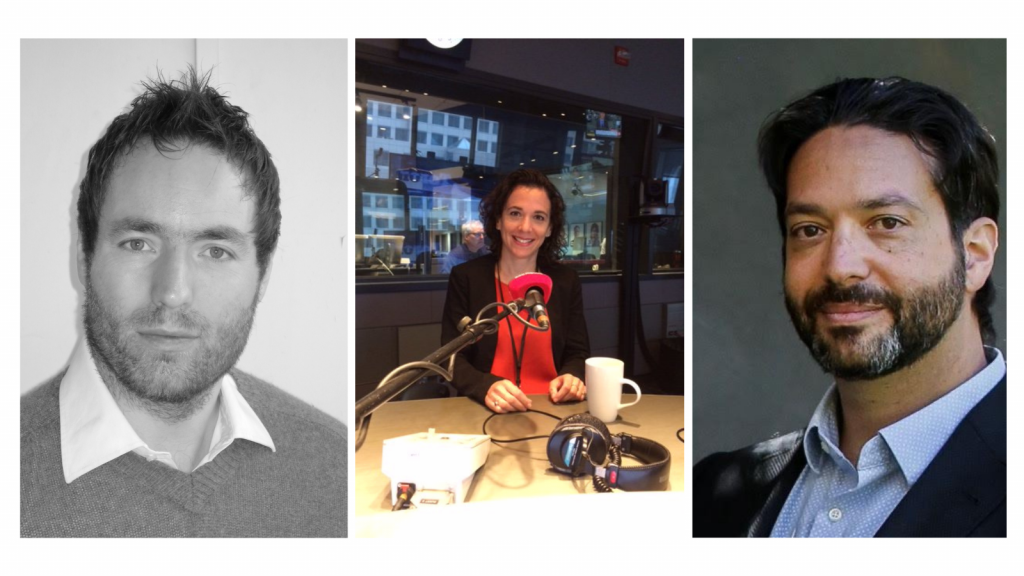How does social influence operate within the realm of social media? DSI members Professors Peter Marbach (Computer Science, Faculty of Arts & Science), Vanina Leschziner (Sociology, Faculty of Arts & Science) and Daniel Silver (Sociology, University of Toronto Scarborough), are exploring the relationship between social media and social influence with the aim of validating a theoretical model proposed decades ago.
Recognizing the profound impact of social media on society, the researchers are unraveling the complex nature of influence in the digital age. Their work seeks to provide a comprehensive understanding of how individuals acquire, accumulate, and exercise influence within the realm of social media.
Data science is inherently interdisciplinary, and building capacity in data science has the potential to advance research frontiers across a broad spectrum of fields. With the support of the DSI Catalyst Grant, this collaborative research team of sociologists and a computer scientist embodies the DSI mission of supporting interdisciplinary research for emerging societal issues.
Professor Leschziner explains, “Though influence is a core phenomenon in sociology and research on social media, it is poorly understood. We lack a thorough understanding of how individuals acquire and maintain (or lose) influence within a social system.” Professor Marbach adds, “Answering these questions is crucial in order to understand social media and possible regulation of social media.”
The sociologist Talcott Parsons put forward the hypothesis that influence in a social system operates similarly to money in a market economy. While money coordinates action within the economic domain (e.g., production, trade, consumption), influence coordinates action within the social domain (e.g., attention, association, support, recognition). This hypothesis, which has sparked critical discussion among sociological theorists, has never been verified.
Building on a mathematical model of influence that was developed in the group of Professor Marbach, the researchers use a combination of data science and computational methods to investigate, and potentially validate, Parson’s hypothesis. Additionally, they aim to examine the distribution of influence within online communities and understand how influence changes over time.
By harnessing the power of data science and computational methods, the researchers are investigating whether influence in social media can be understood as a general system of interchange, similar to money and power. “Our research utilizes a data science approach to study how influence is acquired, accumulated, and circulated within social media. We develop new methodologies to characterize the demand and supply of social media content, study the flow of attention and content within a community, and analyze the causes of changes in individual community members’ influence,” says Marbach.
The research holds significant implications for the broader discourse on social influence, social media and inequality. “Our findings have the potential to inform the development of safeguards against the manipulation and abuse of influence on social media platforms. By gaining a deeper understanding of how influence operates within social systems, it becomes possible to promote responsible design of social media platforms and social media algorithms such as content recommendation,” says Marbach.
Professor Marbach shares that this project is a new interdisciplinary collaboration between sociology and computer science. “We use data science in order to contribute to foundational theory in sociology.” He adds, “The DSI Catalyst Grant was the key to initiating this collaboration and providing the resources to carry out the research. Our goal is to use this project as a catalyst to build a long-term research collaboration between researchers in foundational sociological theory and computer science at U of T.”
Their groundbreaking work serves as a timely reminder of the profound impact of social media on society, urging further exploration of the dynamics of influence in our increasingly interconnected digital world.

